Uncover the future scope and benefits of specializing in Diploma in Radiology Therapy - Forge a promising career in radiological treatment.
Future Scope & Benefits of Diploma in Radiology Therapy
A Diploma in Radiation Therapy is a specialized program designed to train individuals in the use of ionizing radiation for medical treatment, particularly in cancer therapy. This program equips students with the skills and knowledge needed to administer radiation therapy safely and effectively. In this comprehensive article, we will delve into the program, its future scope, and the extensive benefits it offers to aspiring radiation therapists.
Future Scope of Diploma in Radiology Therapy
The healthcare industry's growing demand for radiologic therapists, driven by factors such as an aging population and increased cancer diagnoses, ensures a bright future for diploma holders. Ongoing technological advancements in the field guarantee opportunities for skill development and specialization. Graduates can expect a wide range of job opportunities in hospitals, cancer treatment centers, and clinics. Career progression is also accessible through advanced certifications or degrees.
1. Radiation Therapist:
• Graduates are prepared to work as radiation therapists in cancer treatment centers, hospitals, and radiation oncology departments. They are responsible for administering radiation treatments to patients under the guidance of radiation oncologists.
2. Dosimetrist:
• With further education and specialization, graduates can pursue a career as dosimetrists. Dosimetrists are responsible for calculating and planning radiation doses to ensure accurate and effective treatment.
3. Medical Dosimetry:
• Graduates can specialize in medical dosimetry, which involves working closely with radiation oncologists to develop treatment plans that maximize the dose to the tumor while minimizing exposure to surrounding healthy tissues.
4. Radiation Oncology Department Management:
• With experience and further education, graduates can progress to managerial roles in radiation oncology departments. They oversee operations, ensure compliance with safety protocols, and manage staff.
5. Education and Research:
• Graduates can further their education and become educators in radiation therapy programs. Additionally, they can contribute to research in the field of radiation oncology, driving advancements in cancer treatment.
Benefits of Pursuing a Diploma in Radiation Therapy
Radiologic therapists find fulfillment in their work as they play a pivotal role in patient treatment and recovery. The profession offers competitive salaries with potential for growth, ensuring financial stability. Job security is robust due to the consistent need for healthcare services. Moreover, the shorter training duration compared to other healthcare careers allows for quicker entry into the workforce.
1. Critical Role in Cancer Treatment:
• Radiation therapists play a pivotal role in the treatment and management of cancer patients. Their expertise is crucial in delivering precise and effective radiation therapy.
2. Job Demand and Stability:
• The demand for skilled radiation therapists is expected to remain consistently high due to the prevalence of cancer and the need for effective treatment. This provides graduates with a stable and promising career path.
3. Specialized Expertise:
• Graduates emerge from the program with specialized knowledge and clinical skills in radiation therapy. This positions them as valuable assets in cancer treatment centers and radiation oncology departments.
4. Direct Impact on Patient Well-being:
• Radiation therapists directly contribute to the treatment and care of cancer patients. They have the opportunity to make a significant positive impact on patients' lives by aiding in their recovery.
5. Continuous Learning and Professional Growth:
• The field of radiation therapy is dynamic, with continuous advancements in technology and treatment techniques. This provides graduates with opportunities for ongoing learning and professional development.
6. Global Relevance:
• The knowledge and skills gained in radiation therapy are applicable worldwide. This means that graduates have the potential to explore job opportunities in various countries, broadening their horizons and experiences.
 2 Years
2 Years
 Diploma
Diploma
 Medical
Medical
 Full Time
Full Time

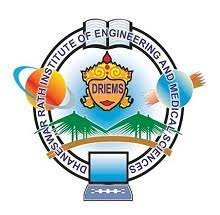
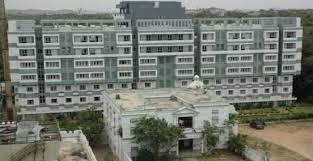
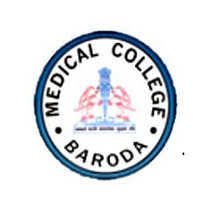
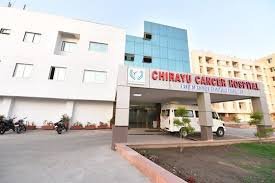
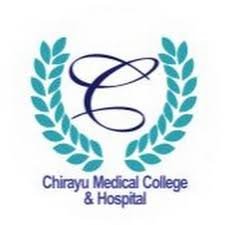
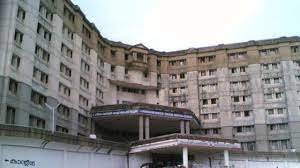
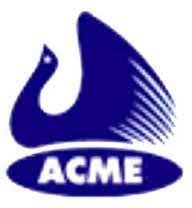
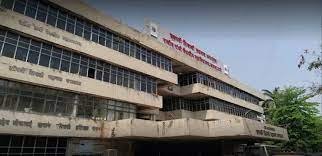
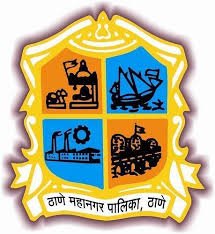
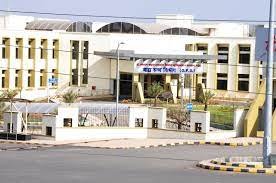
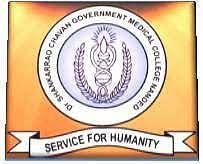

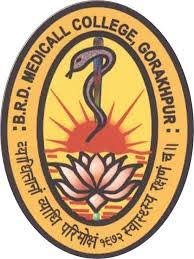
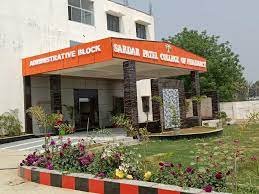
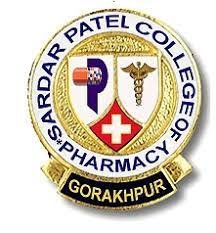

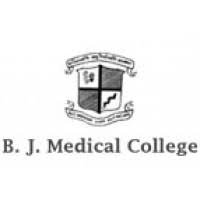
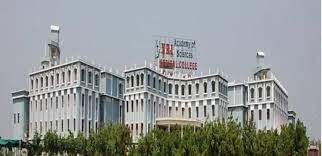
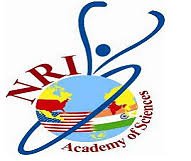

 back
back

